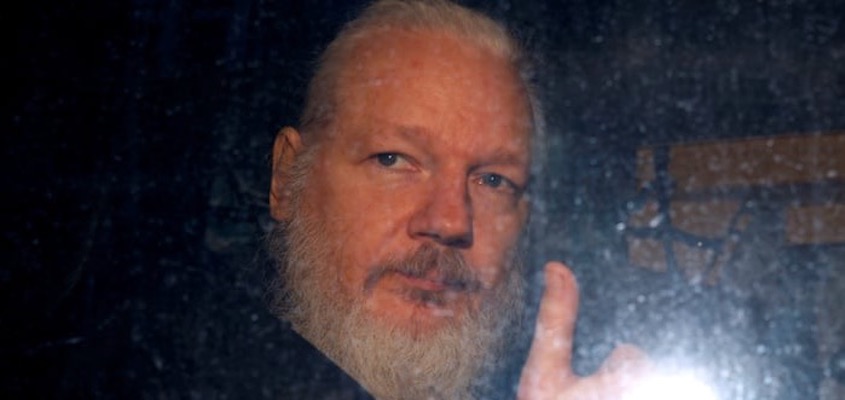by PATRICK D. ANDERSON

The interpretations of and commentaries in the bibliography vary widely, from unquestionable support for WikiLeaks to outright hatred of Assange.
“The section on Julian Assange’s writings and interviews provides readers a chance to systematically study his thought firsthand.”
WikiLeaks is among the most important organizations of the twenty-first century. It has profoundly affected the world by disrupting countless geopolitical, economic, journalistic, and technological norms, reminding us that digital technology is an indispensable tool in the global fight for justice.
Yet WikiLeaks remains highly misunderstood, especially in the United States. One major cause of this misunderstanding is the decade-long disinformation campaign waged by those in the U.S. government and corporate media who view Julian Assange and WikiLeaks as political enemies. Because U.S. government agencies and corporate media journalists and editors have largely been able to control the narrative about Assange and WikiLeaks, readers have had difficulty accessing reliable information about them.
Another reason WikiLeaks is misunderstood is that information about WikiLeaks has never been collected and centralized in a manner that is accessible and free to people around the world. The disparate bits of information that appear in news reports on WikiLeaks may be informative when they are accurate, but this piecemeal approach undermines the ability of publics to consider the big picture of WikiLeaks—and by extension undermines the ability of publics to consider WikiLeaks within a bigger picture.
Thus, the WikiLeaks Bibliography is officially launching September 1, 2020. It is designed to be a resource for readers of all kinds—academics, journalists, and average citizens—and it aims to provide a foundation for a better, clearer understanding of WikiLeaks and the worldview that inspired it. While the bibliography does not post sources, it lists them and links to them when possible. And it is organized so that various parties with differing questions and agendas may find what they need.
Current Features
The WikiLeaks Bibliography current features bibliographies of primary sources written by Assange and other WikiLeaks personnel and secondary sources by academics, journalists, and filmmakers.
Assange has not been given proper credit for his creative and compelling theorizing, so the section on his writings and interviews provides readers a chance to systematically study his thought firsthand. Though Assange is the founder of WikiLeaks, he is not its only theorist. Thus, the bibliography also contains a section dedicated to the writings and interviews of other WikiLeaks personnel. Sarah Harrison, for example, has articulated the ideas behind WikiLeaks’ transformation from a publisher and into a full-blown research library.
Among the secondary sources, readers will find lists of books, films, academic articles, and news media pieces. Among the bibliographical entries here, the interpretations of and commentaries on WikiLeaks vary widely, from unquestionable support for WikiLeaks to outright hatred of Assange. The purpose of indexing these resources was not to selectively include essays, books, and films that collectively give a single image of WikiLeaks. Instead, the bibliography is informed by one of WikiLeaks’ own principles: make the information available and let people decide for themselves, fighting with the truth along the way.
In addition to its bibliographical sections, the WikiLeaks Bibliography contains two editorial sections: a blog and a list of Researcher Guides. The blog will maintained as a space for announcing updates to the bibliography and sharing news about WikiLeaks. The Researcher Guides provide introductory reading lists for people who are interested in various aspects of the study of WikiLeaks. Currently, the site provides guides on the cypherpunk movement and the concept of “scientific journalism,” as well as a general primer reading list on WikiLeaks.
Future Plans
Black Agenda Report for more
